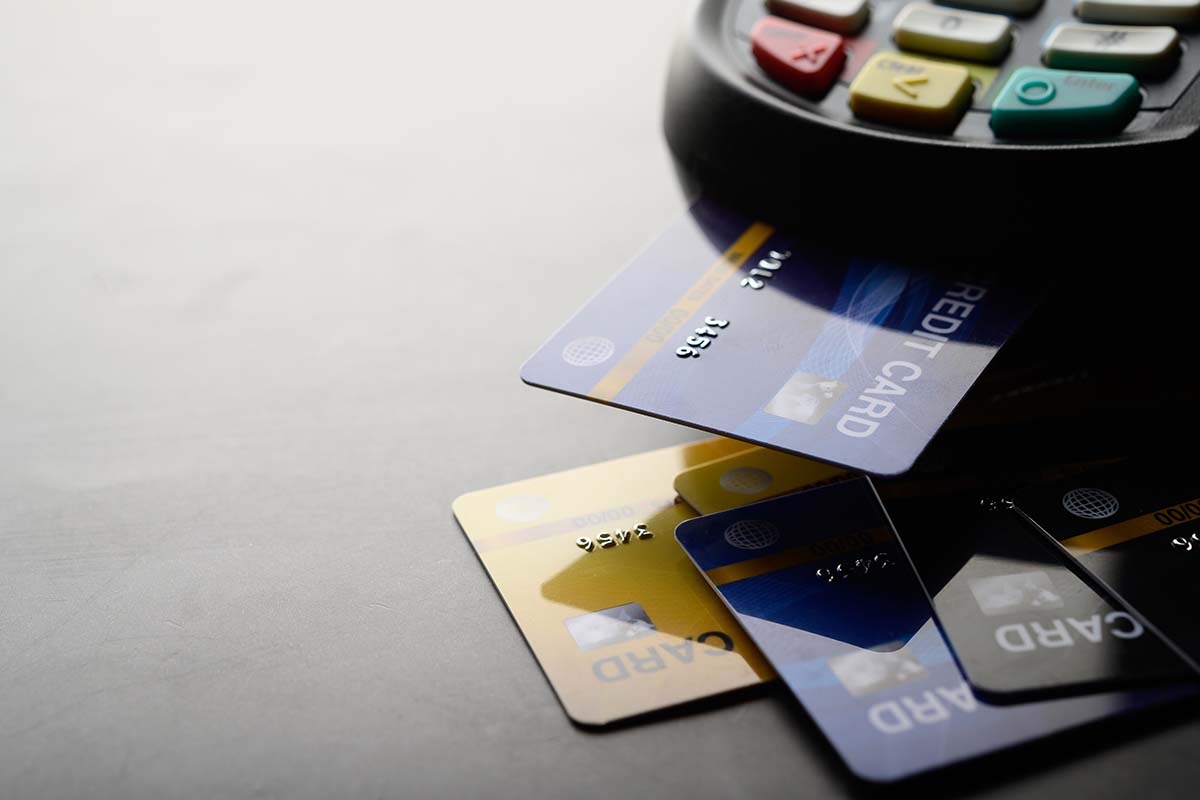Thinking of Canceling a Credit Card? Here’s What You Need to Know
Key Things to Know Before You Cancel
- Pay Off the Full Balance First.When learning how to cancel a credit card, always pay off the full balance first—interest can sneak in and leave you with an unexpected charge.
- Consider Downgrading Instead. If you’re canceling because of fees, see if the lender can downgrade your account to a no-fee version instead of closing it. That way, you keep the credit history (and the limit) without the cost.
- Time It Smart. If you’re planning a big purchase (like applying for a mortgage, auto loan, or new apartment lease), hold off on canceling any cards until after. You don’t want any surprises on your credit report while lenders are looking.
So, you’re thinking about canceling a credit card?
Maybe it’s one you never use, or the annual fees are getting a little ridiculous.
Or maybe you’re simplifying your finances after paying off debt, cutting ties with an old joint account, or just tired of the temptation to overspend.
Some people close cards after a breakup.
Others do it to feel more in control—because even seeing an open line of credit can feel stressful when you’re trying to budget.
Whatever the reason, you’re not alone.
Either way, before you call it quits, let’s walk through what that actually means for your finances—and your credit score.
✅First things first: canceling a credit card isn’t always a bad move, but it’s not something you want to do without a little prep work.
This quick guide will help you understand what really happens when you close a card and how to do it the smart way.
Does Canceling a Credit Card Hurt Your Credit?
Short answer? It can. Especially if it’s a card you’ve had for a while or one with a high credit limit.
That’s because your credit score is kind of like a recipe—mess with one ingredient too much, and the whole thing can shift.
Here are the five key ingredients that make up your credit score:
Payment History (35%) – Have you been making payments on time?
Credit Utilization (30%) – How much of your available credit are you using?
Length of Credit History (15%) – How long have you had your accounts?
Credit Mix (10%) – Do you have a mix of credit types (like cards, loans, etc.)?
New Credit (10%) – How many new accounts or credit checks have you had recently?
When you cancel a card, you mess with at least two of these: your utilization and your credit history length.
If you cancel a card with a high credit limit, your utilization jumps.
If it’s your oldest card, your “credit age” gets younger. Both of those things can ding your score—sometimes more than people expect.
Canceling a credit card can be part of a healthy financial cleanup—but only if you do it thoughtfully.
If you’re already struggling with payments or juggling multiple cards, you might want to look into credit card debt help before closing anything.
Want to learn more about how credit works or need help managing your accounts?
Let’s dig into the full breakdown of what each credit score factor means and how to protect your credit while still simplifying your finances.
Payment history
To build good credit you have to make on-time payments.
You can add a credit card to your Chase account to help keep track of all your transactions.
If you think you cannot accomplish this, canceling your credit card might be an excellent option to prevent any future activity that might harm your credit score.
However, if you currently owe a balance on your credit card, you will need to discuss with your issuer first how to close your credit card.
Amount Owed
Keeping your credit utilization low is key—ideally under 30% of your total available credit. When you cancel a credit card, you reduce your overall credit limit, which can make your utilization ratio spike (even if your spending stays the same).
That can hurt your credit score. If you’re set on closing the card, consider opening another line of credit to help balance things out and protect your score.
Length of Credit History
The longer your credit history, the better it looks to lenders. When you close a long-standing credit card, you stop adding to that history.
Over time, this can lower the average age of your accounts, which may impact your credit score—especially if it’s one of your oldest cards.
Credit mix
Your credit mix refers to the different types of credit you use—like credit cards (revolving credit) and loans (installment credit). If you close your only credit card and don’t open another, you’re removing revolving credit from your credit report. That could make your profile look less balanced, which may make some lenders hesitant to work with you.
New Credit
Canceling a card won’t directly affect your “new credit” category unless you’re doing it as part of a switch.
If you plan to open a new card soon after canceling, keep in mind that it might trigger a hard inquiry—which can temporarily ding your credit score. It’s minor but worth knowing.
Steps to Cancel Your Credit Card the Smart Way
Still thinking about closing your card? Cool—just make sure you follow the steps below to do it cleanly:
✅ Pay Off the Balance First
Don’t close a card while it still has a balance. You’ll still owe the money even if the account is closed—and it can get messy. Knock that balance down to zero first.
Cancel Any Recurring Payments
Got subscriptions or bills linked to the card? Move those payments to a different card or payment method first. You don’t want a charge to hit a closed account—it could cause failed payments or even re-open the account.
Redeem Any Rewards
Before closing the card, check for unused rewards or cashback. Some cards wipe your rewards the second the account closes. Redeem what you can—you earned it!
If you’re carrying a balance and struggling to pay it off, check if your card allows you to redeem rewards as a statement credit. That little boost might help you chip away at what you owe.
✅ Contact Your Credit Card Issuer
The first step? Let your credit card company know you want to cancel. You can usually find their number right on the back of your card. A quick call will get things moving—and they might even ask why you’re closing the account (you don’t have to go into detail).
Visit the Card’s Website
Not a fan of phone calls? No worries. Many credit card issuers let you cancel your card directly through your online account. Just log in, head to account settings, and look for the cancellation option.
Send a Follow-Up by Text or Email
Once you’ve closed the account, it’s a smart move to follow up with a quick email or message. This gives you written proof that you requested cancellation—just in case the card shows up as “open” later.
Check Your Credit Reports
After a few weeks, pull your credit reports and make sure the account shows as “closed at customer’s request.” This helps protect your score and ensures there’s no confusion down the road.
✂️ Cut Up the Card
Last step—grab some scissors and cut that card up! Once the account is officially closed, you don’t want anyone (including yourself!) accidentally trying to use it.
Bottom Line
Canceling a credit card isn’t something you do on a whim. Take the time to understand the impact on your credit, weigh the pros and cons, and then follow these steps to close it the smart way.
If you’re unsure, talk to a financial advisor or a personal loan company—especially if you’re juggling debt or making other big money decisions.





















